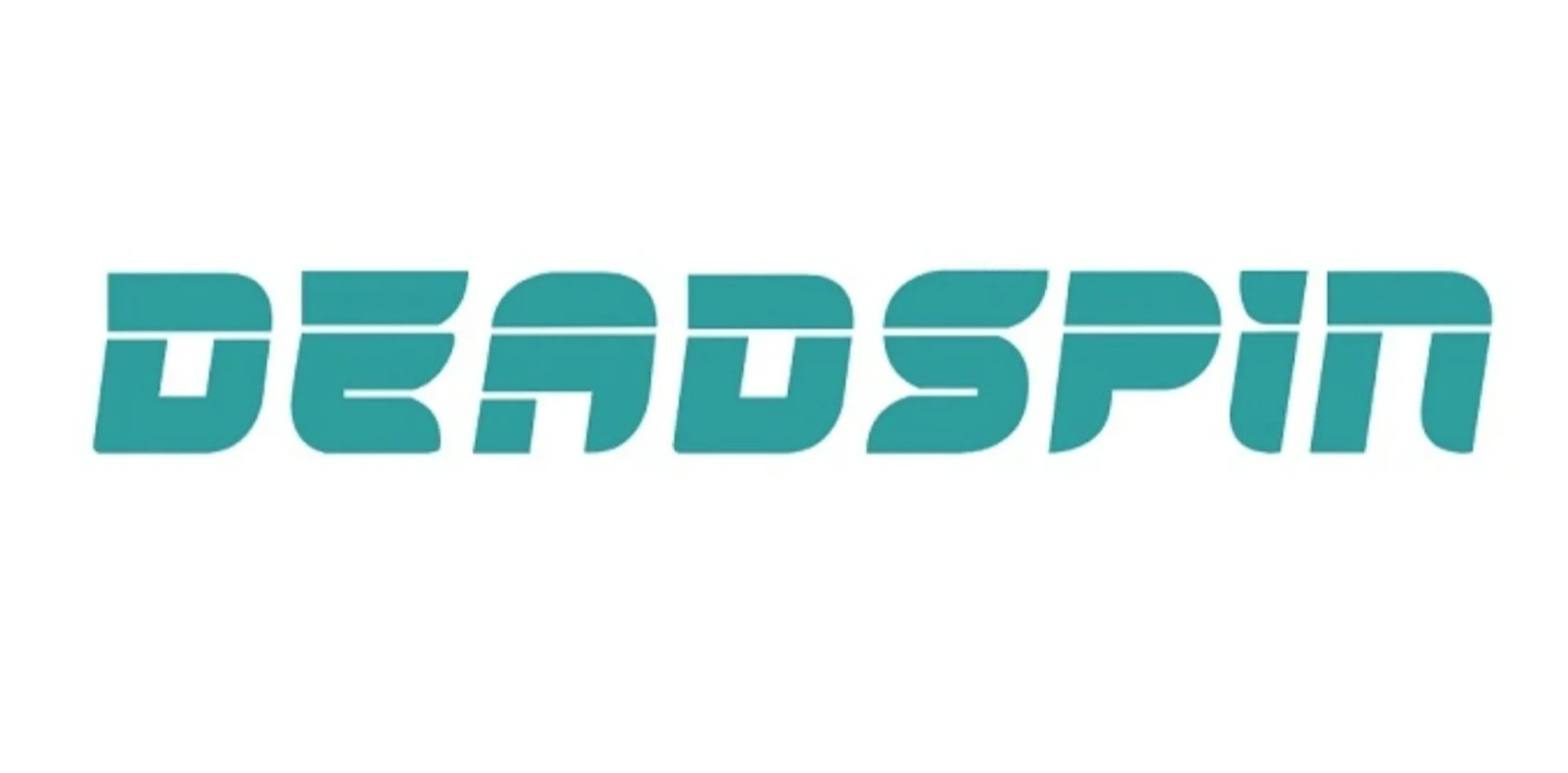Views expressed in opinion columns are the author’s own.
Deadspin, probably the best sports website of the past couple decades, is effectively dead.
The entirety of the Deadspin editorial staff resigned last week, in protest of a mandate from its relatively new management to stop non-sports coverage. This isn’t because Deadspin’s political or cultural commentary wasn’t good or widely read. To the contrary, its (fairly rare) non-sports content slightly outperformed its sports coverage, and former staff writer David Roth is one of the sharpest and funniest Trump whisperers on the web.
Deadspin was killed because its new owners — a bunch of private equity guys — didn’t like the site very much. Indeed, much of the media ecosystem these days is subject to the whims of billionaire investors who don’t, at the end of the day, know very much about media. Storied publications — even publications that are thriving financially — can see everything crash down around them if their owners get pissed off at some snarky blog post. And now, just a handful of giant companies own a massive portion of the media ecosystem. So if an outlet wants to be able to continue its work, it would be wise not to irk the people who run these companies. And not irking the billionaires at the helm of massive media companies is likely to translate into pretty lame work, as billionaires are usually pretty lame people.
In her last blog post, former Deadspin editor in chief Megan Greenwell wrote, “A metastasizing swath of media is controlled by private-equity vultures and capricious billionaires and other people who genuinely believe that they are rich because they are smart and that they are smart because they are rich, and that anyone less rich is by definition less smart.”
The political economy of contemporary journalism has, of course, been devastating for journalists and writers. There’s little pay and even less stability. In response, the industry has seen increased radicalization. In recent years, a unionization wave has swept through the media — especially digital media. Editorial staffs have unionized at massive sites: from BuzzFeed to Vox to Vice.
Young journalists are increasingly unwilling to accept exploitative treatment for the promise of a plush gig down the line, largely because fewer and fewer of those plush gigs exist. In many ways, media consolidation is creating its own gravedigger, in the form of an organized and pissed off class of young writers. Despite this union wave, labor conditions in journalism remain far from good. A career in the industry remains mostly available to people with the family financial security to afford the risk of being downwardly mobile. A media environment that serves both journalists and readers requires breaking the power of the big media companies.
A core question in journalism is whose judgement and preferences should guide media coverage. There are two main schools of thought: Those who think journalists should cover the topics the public most cares about, and those who think journalists should operate more according to their own discretion. Very few people think private equity billionaires should be put in the driver’s seat. I’m agnostic as to the precise degree journalists must be responsive to the public; it mostly depends on a given publication’s mission. But there’s a suite of policies we could adopt to reduce the power of media owners and increase the power of both writers and their readers.
First of all, the federal government should more aggressively enforce antitrust law in the media space, and it should put a stop to proposed mergers between already giant media companies. And more government investment is greatly needed for public news outlets like PBS and NPR, which pale in comparison to the U.K.’s BBC.
Policies like card check — in which a union is created the moment a majority of employees sign authorization cards in favor of unionization — would significantly ease journalists’ efforts to organize their workplaces. Bernie Sanders has suggested promising ways of allowing journalists to buy and operate their own publications.
Additionally, the federal government could cut a check to every American — one proposal suggested $50 — for the purpose of buying news subscriptions. An influx of money in public hands would give publications incentive to cater more to the public and less to management. We could require that everyone invest at least half of their check in local news outlets. This is something like an on-steroids version of the crowd-sourcing model of journalism funding (which has given us some of the more interesting new publications in recent years).
These are just a start. But altogether, these policies could make journalism radically more democratic, and ensure the Deadspins of the future don’t meet that same unfortunate fate.
Max Foley-Keene is a senior government and politics major. He can be reached at maxfkcap2016@gmail.com.



